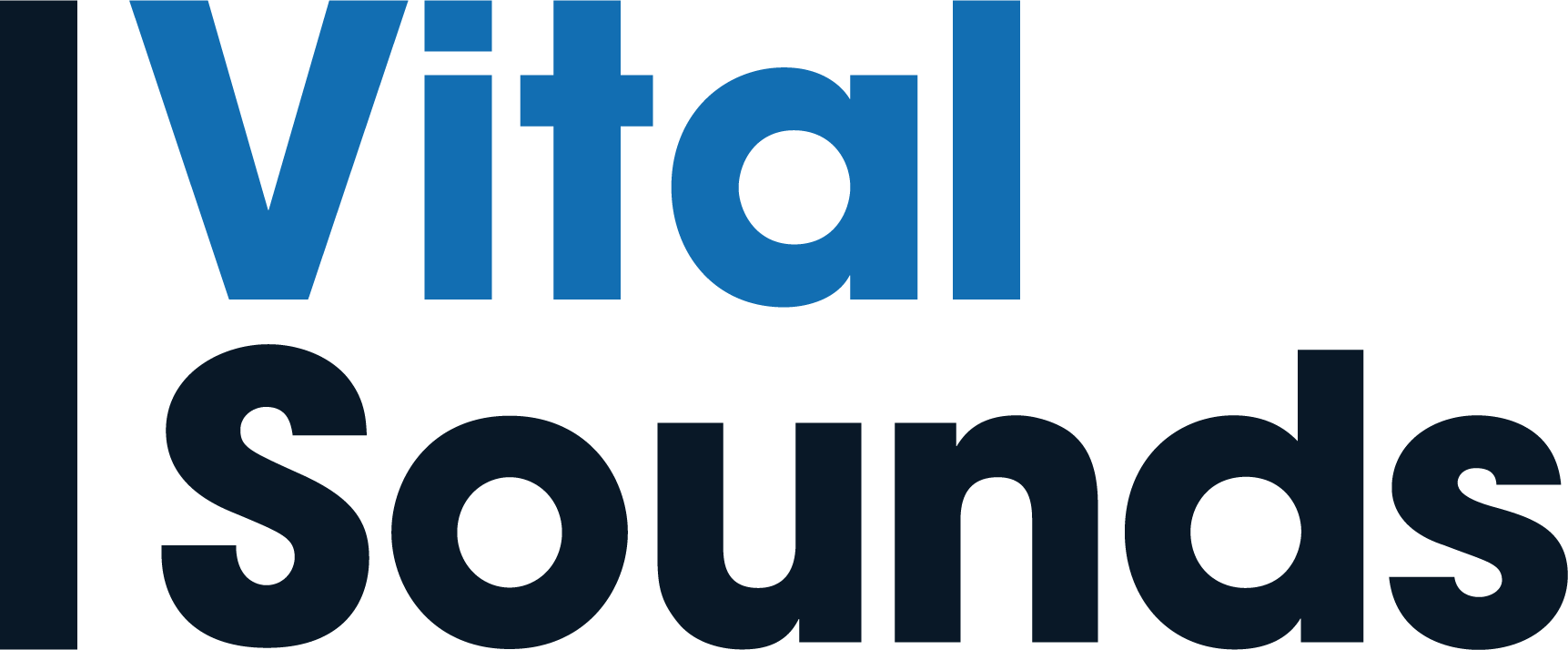Connie Christian, MBA, CPHRM

HHS Extends the Federal Public Health Emergency
The COVID-19 pandemic continues to have an outsized impact on the nation’s health. In response, the Department of Health and Human Services (HHS) renewed the Jan. 31, 2020, determination of a public health emergency (PHE), which was initially put in place on Jan. 27, 2020.
The effect on HHS and CMS waivers and flexibilities
By renewing the PHE, all HHS/Centers for Medicare and Medicaid Services (CMS) waivers and flexibilities currently in place will remain in place until Apr. 16, 2022 – unless HHS Secretary Becerra terminates the PHE early. Any waivers and flexibilities put into place by states and commercial payers tied explicitly to the PHE declarations are extended as well. The Biden Administration has indicated that they expect the PHE to continue into, if not through, the end of 2022; however, legally, Secretary Becerra can only extend it for 90 days at a time.[1]
The effect on the prescription of controlled substances
The Drug Enforcement Agency (DEA) has also tied its COVID-19 flexibilities to the HHS PHE. According to the DEA website, the flexibilities will be in place until Secretary Becerra allows the PHE to expire or determines the criteria can no longer be met and has ended.
DEA-registered practitioners may issue prescriptions for all Schedule II-V controlled substances to patients without first conducting an in-person medical evaluation, provided all the following conditions are met:
- The practitioner acting in the usual course of their practice issues the prescription for a legitimate medical purpose.
- The practitioner conducts telemedicine communication using an audio-visual, real-time, two-way interactive communication system.
- The practitioner acts in accordance with applicable federal and state law.
A practitioner must satisfy the above requirements. Only then may they issue the prescription using any of the methods of prescribing currently available in the manner outlined in the DEA regulations. Thus, a practitioner may issue a prescription electronically (for schedules II-V drugs) or by calling in an emergency schedule II prescription to the pharmacy or by calling in a schedule III-V prescription. Even with the public health emergency exception, practitioners must comply with federal and state laws. There must be a legitimate medical purpose for a practitioner acting in the usual course of their professional practice to issue a prescription. This is the case regardless of the language of state laws or whether the exam is conducted in person or via telemedicine.[2]
Kansas Public Health Emergency Executive Orders No. 22-01 & No. 22-02
Staffing at adult care homes
Governor Kelly signed the executive orders on Jan. 6, 2022, allowing for temporary relief from certain restrictions and requirements governing the provisions of medical services and licensure, certification, and registration for persons, and licensure of adult care homes during the state of disaster emergency. The executive orders address staffing shortages, provider liability, supervision, and licensure of adult care homes – all of which have been affected by the continued and recent increase in COVID-19 and variant pandemic surges. Most KAMMCO members have already addressed the provisions of the executive orders, but for those who would like to review the orders in full, please go to https://governor.kansas.gov/wp-content/uploads/2022/01/EO-22-01-Medical-Services-Executed.pdf and https://governor.kansas.gov/wp-content/uploads/2022/01/EO-22-02-Nursing-Homes-Executed.pdf.
Kansas House Bill 2477 signed into law
Staffing for hospitals and healthcare facilities
The Kansas Medical Society reported on Feb. 1, 2022, that the governor signed into law HB 2477. The law reinstates provisions enacted over the past two years. It also extended Executive Order 22-01. The legislation is intended to help hospitals and other healthcare facilities deal with COVID-related staffing shortages by relaxing some supervision requirements, making it easier for out-of-state providers to obtain temporary licensure permits.
Temporary licensure and the Board of Healing Arts
Under the new law, those temporary healthcare professionals must notify the Kansas State Board of Healing Arts (or other applicable regulatory body), on a form created by the Board, that they are practicing in Kansas within seven calendar days of initiating practice in Kansas. The Board recommends that healthcare professionals who want to practice in Kansas in response to the COVID-19 pandemic apply for an emergency temporary license here: http://ksbha.org/covid.shtml. The application is free and currently being processed within three business days following receipt of a completed application.[3]
Out-of-state nurses practicing in Kansas
Karen Braman clarified in the Kansas Hospital Association weekly newsletter that The Kansas State Board of Nursing (KSBN) issued an update on Feb. 2, 2022, that reviews provisions of HB 2477, signed by Governor Laura Kelly on Jan. 21, 2022, and is set to expire on Jan. 20, 2023. KSBN notes that employers should be aware of a new provision in the bill, not included in the prior bill and executive orders: the bill allows nurses licensed and in good standing in another state to practice in Kansas without a license with KSBN.
KSBN reminds those affected:
- This provision does not apply to a nurse with a multi-state license granted in another member state of the Nurse Licensure Compact.
- This bill has a new provision stating that nurses must notify the Kansas Board of Nursing within seven days of starting practice in the state. KSBN has developed a brief form for out-of-state nurses without a multi-state license, which is available on KSBN’s website. KSBN notes it is the responsibility of the employer to convey this requirement to the nurse when the employer brings the nurse into Kansas to work. Aside from completing the form, KSBN states there isn’t anything else an out-of-state nurse without a multi-state license has to do with KSBN. They won’t receive a temporary license from KSBN.[4]
The CMS COVID-19 Vaccination Requirement
The federal and state PHEs and new Kansas legislation do not affect the CMS Vaccination mandate. While the CMS mandate did see multiple challenges on Jan. 13, 2022, the U.S. Supreme Court, in a 5-4 opinion, allowed the CMS vaccine mandate for healthcare workers to go into effect. The court’s decisions mean that healthcare workers at facilities and suppliers covered by the CMS regulation must be fully vaccinated or receive an approved medical or religious exemption by Feb. 28, 2022.
OSHA Emergency Temporary Standards
On Jan. 13, 2022, the U.S. Supreme Court blocked the Occupational Safety and Health Administration’s (OSHA) vaccine-or-test mandate by a 6-3 vote. This applies to employers with 100 employees or more.
OSHA could not complete the requirements for the final rule on their Healthcare COVID-19 ETS in the timeframe contemplated by the OSH Act. OSHA announced it has withdrawn the non-recordkeeping portions of the Healthcare ETS. The COVID-19 log and reporting provisions, 29 CFR 1910.502(q)(2)(ii), (q)(3)(ii)-(iv), and (r), remain in effect. These provisions were adopted under a separate provision of the OSH Act, section 8, and OSHA found good cause to forgo notice and comment, considering the grave danger presented by the pandemic. See 86 FR 32559.
OSHA will vigorously enforce the general duty clause and its general standards, including the Personal Protective Equipment (PPE) and Respiratory Protection Standards, to help protect healthcare employees from the hazards of COVID-19. The Respiratory Protection Standard applies to personnel providing care to persons who are suspected or confirmed to have COVID-19. OSHA will accept compliance with the terms of the Healthcare ETS as satisfying employers’ related obligations under the general duty clause, respiratory protection, and PPE standards. Continued adherence to the terms of the Healthcare ETS is the simplest way for employers in healthcare settings to protect their employees’ health and ensure compliance with their OSH Act obligations.
OSHA believes the terms of the Healthcare ETS remain relevant in general duty cases in that they show that COVID-19 poses a hazard in the healthcare industry and that there are feasible means of abating the hazard.
For up-to-date guidance on both the CMS Vaccine Mandate and OSHA Healthcare ETS general duty clause elements, please view our whitepaper.
References
[1] Department of Health and Human Services https://aspr.hhs.gov/legal/PHE/Pages/COVID19-14Jan2022.aspx
[2] Drug Enforcement Agency https://aspr.hhs.gov/legal/PHE/Pages/COVID19-14Jan2022.aspx
[3] Kansas Medical Society Update Newsletter to membership Feb. 1, 2022. http://www.kslegislature.org/li/b2021_22/measures/documents/hb2477_enrlled.pdf
[4] Karen Braman, KHA Current Report Newsletter, Feb. 4, 2022.
